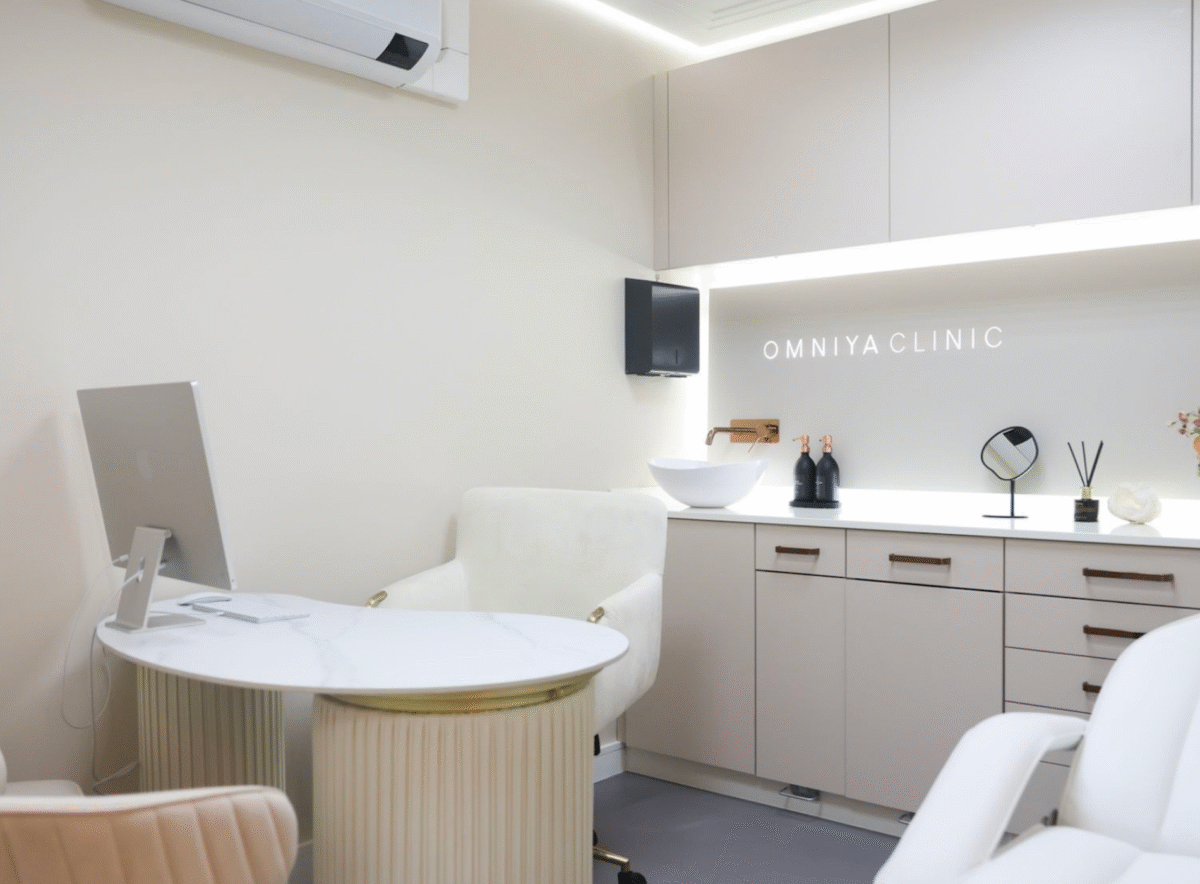Profhilo and hyaluronic acid fillers are well-known for adding hydration and volume. Profhilo spreads through the skin to deliver an all-over boost of moisture, while fillers are used to sculpt and restore lost volume.
Polynucleotides work differently. Rather than focusing on plumping, they stimulate tissue repair at a cellular level, encouraging collagen and elastin production. This makes them especially effective for delicate areas, such as around the eyes, or for patients looking for gradual, long-term skin quality improvements rather than temporary fullness.
At Omniya Clinic, we often combine polynucleotides with treatments like Botox, Profhilo, or dermal fillers to create a tailored plan that addresses both immediate concerns and long-term skin health.












































